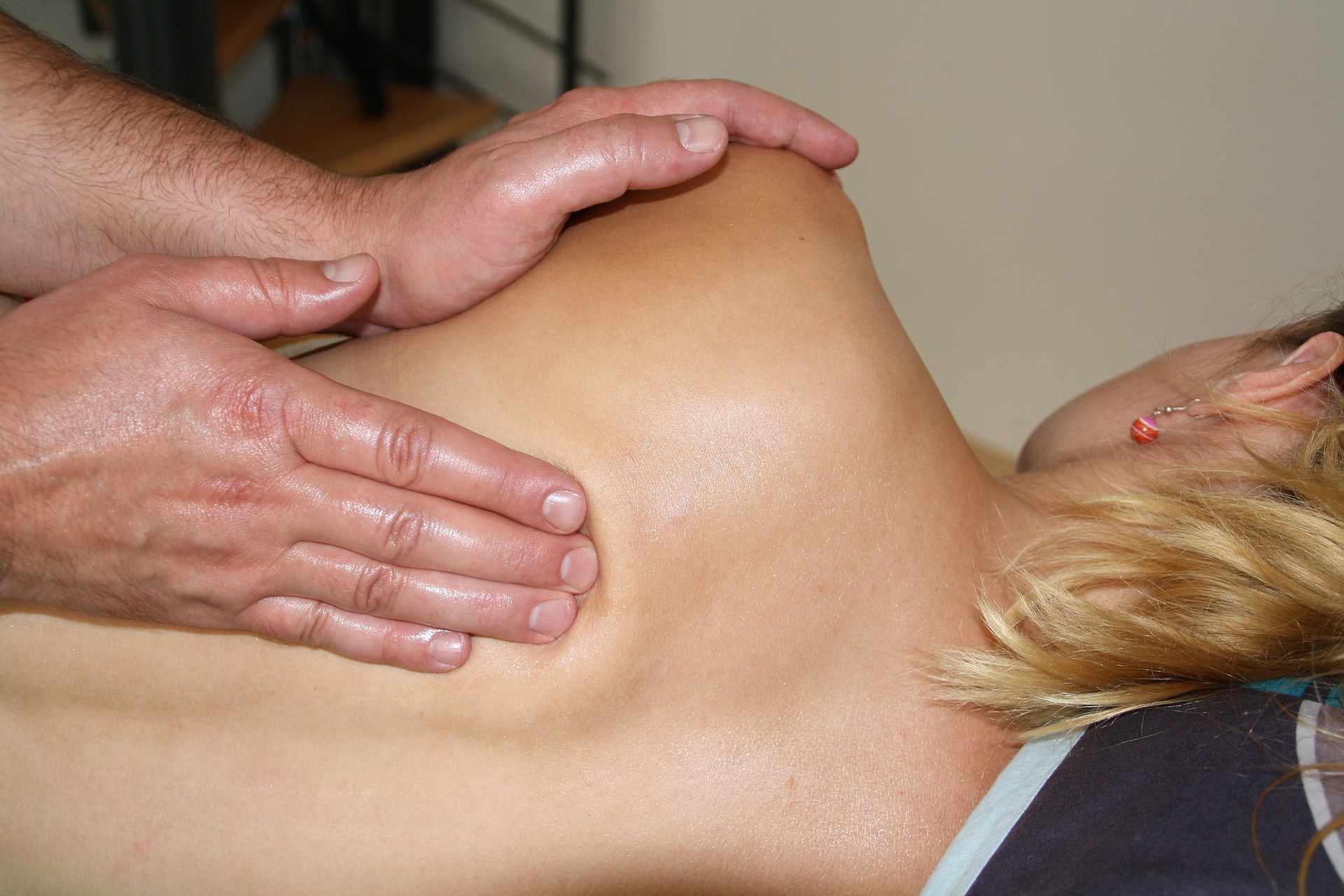Functional assessment OT is a critical part of the rehabilitation process. There are three main points that you should keep in mind when assessing a patient: their functional ability, their functional limitations, and their functional goals. This article will discuss each of these points in more detail.
Functional ability refers to the skills and abilities that a person has in order to perform activities of daily living. These skills can be divided into three categories: self-care, productivity, and leisure. OTs will often use standardized tests such as the Functional Independence Measure (FIM) to assess a person’s functional ability.
Functional limitations are any physical or mental impairments that limit a person’s functional ability. These can include conditions such as arthritis, stroke, traumatic brain injury, cerebral palsy, and multiple sclerosis. When assessing a patient’s functional limitations, OTs will look at how well they are able to perform activities of daily living and identify any areas where they may need assistance.
Functional goals are the specific things that a person wants to be able to do after completing OT. These goals will be individualized based on the patient’s functional limitations and abilities. Some common functional goals include being able to dress independently, being able to eat independently, and being able to walk independently.
OTs will often use a task analysis when setting up a functional assessment. This is a process of breaking down a specific goal into smaller, more manageable steps. For example, suppose the goal is to be able to dress independently. In that case, the task analysis might involve first assessing how well the patient can put on their clothes, then working on buttoning or zipping them up, and finally practicing putting on socks and shoes. Breaking down the task into smaller steps makes it much easier for the patient to learn and eventually master the goal.
Another important aspect of functional assessment is making sure that the tasks are functional and meaningful for the patient. That is, they should be activities that the patient will actually need or want to do in their daily life. For instance, if a patient wants to be able to dress independently, it wouldn’t make sense to assess their ability to put on a coat if they live in a warm climate where they don’t need to wear one!
Finally, it’s also important to consider the patients’ motivation when conducting a functional assessment. If a patient isn’t motivated to achieve a certain goal, then it will be very difficult (if not impossible) for them to do so.
Hopefully these three points have given you a better understanding of functional assessment OT. Thank you for reading.






